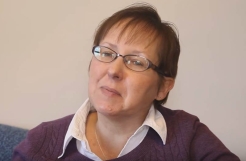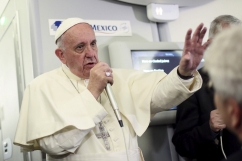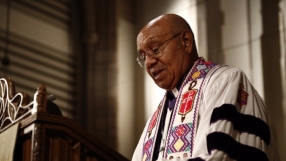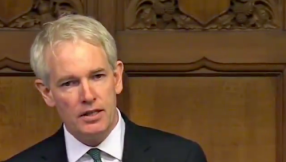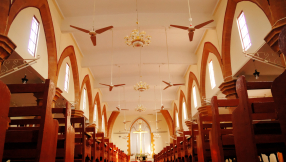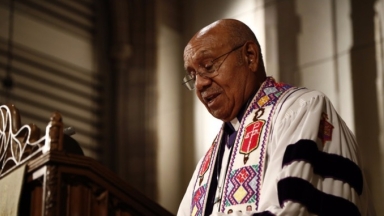
A formal complaint has been filed against a Methodist minister who conducted a same-sex wedding in North Carolina on Saturday.
Bishop Melvin Talbert and Pastor Val Rosenquist conducted the service for Jim Wilborne and John Romano in direct contradiction to the United Methodist Church's (UMC) teaching. The anonymous complaint will be investigated by the local bishop Larry Goodpaster.
Goodpaster leads the Western North Carolina Conference of the UMC and a statement from officials acknowledged a same-sex wedding would be in violation of the church's teaching, called the Book of Discipline.
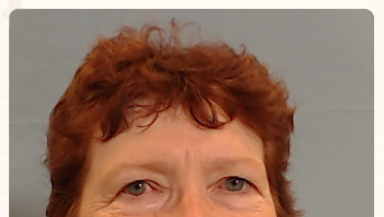
Rosenquist said she was not surprised by the complaint but said she was willing to face consequences in order to put pressure on church officials. Both Rosenquist and Talbert described the service as "an act of biblical obedience".
Talbert, who is 81 and retired, is a long-time campaigner against discrimination and in 1960 spent time in a cell with Martin Luther King.
He said: "Discrimination is discrimination, no matter where it is, and it's wrong. I hope that what we did here will be an act of evangelism for people...who are looking for safe places to come because they don't want to be identified with anti-gay [sentiment]."
Michael Rich, a spokesperson for the Western North Carolina Conference, said details of the investigation are "a confidential matter, and [the bishop] is not going to speak about it."
The dispute comes at a poignant time for the UMC as next month its international voting body will consider whether to repeal the current ban on clergy conducting same-sex weddings. Many of the US-based UMC ministers are relaxed about same-sex marriage services.
However it has yet to follow The Episcopal Church in the US. This is largely because it is an interational denomination and increasing move to change the rules are blocked by ministers from more conservative African countries.










